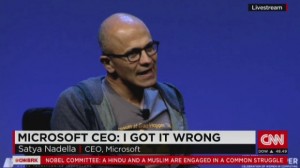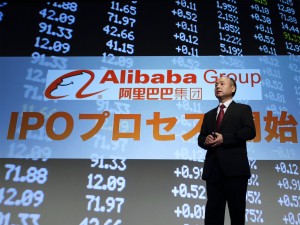Although the United Nations (UN) is resourceful in uniting the world nations and enacting resolutions for global issues as only a third-party non-governmental agency such as itself can, they do not often prioritize trivial but self-sustaining entrepreneurs in developing communities. The UN has the advantage of being an international organization which has influence over most of the world’s countries, therefore, the goals of the UN are accordingly centered around aligning each nation’s goals with each other in order to minimize conflict externally or internally.
The Arc and other social enterprises play a significant role in the wider global picture as they can fill in the gaps neglected by the UN. These initiatives encourage entrepreneurship to transform dependent communities into self-sustaining communities and economies. Even if the United Nations were fully funded, the need for social enterprises would not be diminished as these enterprises are working individually and personally with communities in order to enact effective and positive social change in the hopes of creating a sustaining economy. The ultimate goals of the UN are fundamentally different than those of social enterprises who believe in using business tools and concepts to create a social change while making one profit and sustaining a business.
References:
http://www.theglobeandmail.com/report-on-business/small-business/sb-growth/going-global/production-problems-nearly-unravel-high-end-fashion-label/article14286870/
http://skollworldforum.org/about/what-is-social-entrepreneurship/


















